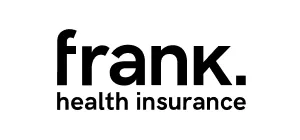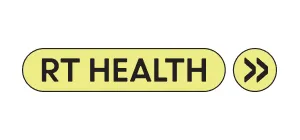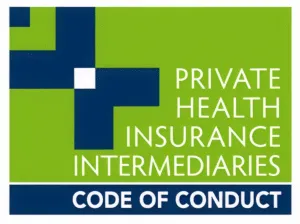What is private health insurance with optical cover?
Private health insurance is split into two components, hospital and extras cover, and each one of these can cover for different kinds of optical services. Extras insurance can pay benefits for for services that Medicare doesn't cover - specifically glasses frames and lenses. On the other hand, hospital insurance can cover some of the costs of treatment if you need eye surgery. Some types of eye surgery, such as cataract surgery, are generally only available on the highest tier of hospital insurance, which is called the Gold tier, but the rest are covered by the Bronze and Silver tiers.
You can choose to take out hospital cover and extras cover separately, or choose to combine them, which many Aussies do. If you do this, you will have the most comprehensive cover, whether you're seeking to be admitted to private hospital for eye surgery and skip the waiting times for public hospital, or whether it's time to grab a new set of frames on your extras cover.
How can I compare optical health insurance policies?
You can compare a wide range of private health insurance policies that include optical cover by using the ‘compare now’ tool at the top of this page. Here, you can easily compare policies from dozens of providers on our database, based on price and features. When comparing policies, it’s important to look at a range of factors, such as:
- What’s covered and what’s excluded?
- How much will your premiums cost?
- What excess will I need to pay if I make a claim?
- What hospital inclusions do you need?
- What cover do you need for your age and time of life?
It’s a good idea to carefully read the policy documents to see what level of treatment is covered, what’s excluded and what limits apply, to ensure that a product you’re considering is right for you.
What optical treatments can I get with private health insurance?
Private health insurance can help cover both hospital-based and out-of-hospital (extras) optical treatments. As with other health conditions, the level of cover and benefits you can access depend on the type of policy and fund you choose.
Hospital cover
Hospital cover can include the investigation and treatment of eye conditions that require hospitalisation or surgery. Depending on the tier of cover, this can include:
- Retinal detachment
- Tear duct conditions
- Eye infections
- Medically managed trauma to the eye
Most Bronze, Silver, and Gold hospital policies cover these treatments, while Basic policies may offer them optionally or on a restricted basis.
One of the most common eye conditions affecting seniors is cataracts—a clouding of the lens that can blur vision. While cataract surgery is covered by Medicare in the public system, waiting times may be long. Private hospital cover may offer faster access:
- Silver tier and below: Cataract surgery may be optional
- Gold tier: Cataract surgery is included as standard
Always check with your chosen health fund to confirm what procedures are included and any waiting periods that may apply.
Extras cover
Extras cover can help subsidise out-of-hospital optical treatments, including:
- Prescription glasses
- Contact lenses
- Routine eye tests
Extras policies may vary between providers, and cover is usually:
- A set percentage of the treatment cost, or
- Up to a maximum monetary limit per year
Some policies may also offer partial cover for additional treatments such as cross-eye or double vision correction, but many special lens coatings or upgrades may not be included.
Unlike hospital cover, there is no standard tier structure for extras cover, so what is included depends on each policy. Comparing policies is important to find cover that suits your optical needs.
Things to consider
- Check both hospital and extras cover if you need optical treatment.
- Look at waiting periods, annual limits, and exclusions for extras cover.
- Contact your health fund and optometrist before treatment to confirm your out-of-pocket costs.
Will private health insurance pay for all of my eye treatment?
Depending on the fees charged by your practitioner, and what Medicare and your private health insurance contribute, you may still incur some out-of-pocket expenses.
Your private health fund and Medicare will generally share cover for the cost of treatment up to an amount determined by the Medicare Benefit Schedule (MBS). That said, there is no cap on what a practitioner may charge for treatment, so anything above that MBS limit you may have to fund yourself, often referred to as the gap.
It's also important to be aware that private health funds are only permitted to fund services in a hospital or day surgery, not in a doctor’s rooms, so you may not be covered for some treatments.
When discussing treatment with an ophthalmologist, you should be given the details of any costs involved up-front, usually in a printed document known as Informed Financial Consent (IFC). There may be costs from other specialists in any treatment, such as an anaesthetist, so you should get a separate Informed Financial Consent from each one.
If it’s not clear what you may need to pay, you should ask for details.




































